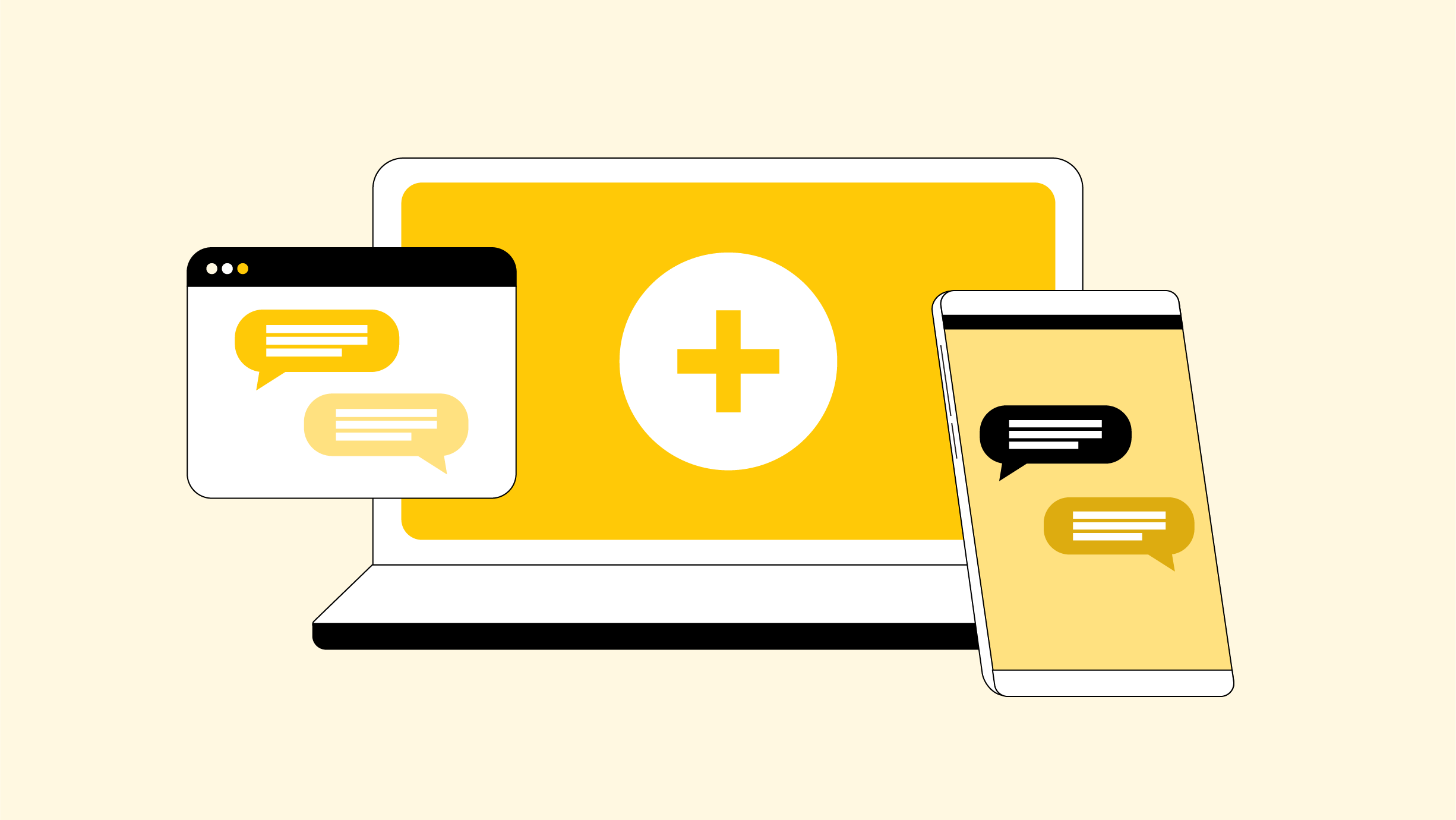What should I tell my care team before I take this medication?
They need to know if you have any of these conditions:
- Diabetes
- Gallbladder disease
- Heart disease
- Kidney disease
- Liver disease
- Pancreatic disease
- Thyroid disease
- An unusual or allergic reaction to octreotide, other medications, foods, dyes, or preservatives
- Pregnant or trying to get pregnant
- Breastfeeding
What may interact with this medication?
Do not take this medication with any of the following:
- Cisapride
- Dronedarone
- Flibanserin
- Lutetium Lu 177 dotatate
- Pimozide
- Saquinavir
- Thioridazine
This medication may also interact with the following:
- Bromocriptine
- Certain medications for blood pressure, heart disease, irregular heartbeat
- Cyclosporine
- Diuretics
- Medications for diabetes, including insulin
- Quinidine
This list may not describe all possible interactions. Give your health care provider a list of all the medicines, herbs, non-prescription drugs, or dietary supplements you use. Also tell them if you smoke, drink alcohol, or use illegal drugs. Some items may interact with your medicine.
What should I watch for while using this medication?
Visit your care team for regular checks on your progress. Tell your care team if your symptoms do not start to get better or if they get worse.
This medication may cause decreases in blood sugar. Signs of low blood sugar include chills, cool, pale skin or cold sweats, drowsiness, extreme hunger, fast heartbeat, headache, nausea, nervousness or anxiety, shakiness, trembling, unsteadiness, tiredness, or weakness. Contact your care team right away if you experience any of these symptoms.
This medication may increase blood sugar. The risk may be higher in patients who already have diabetes. Ask your care team what you can do to lower your risk of diabetes while taking this medication.
You should make sure you get enough vitamin B12 while you are taking this medication. Discuss the foods you eat and the vitamins you take with your care team.








